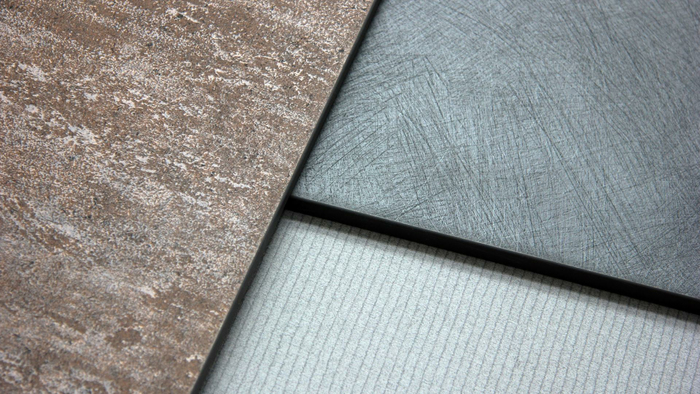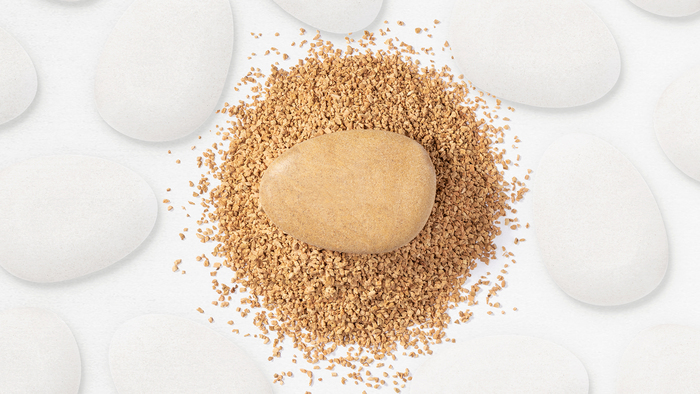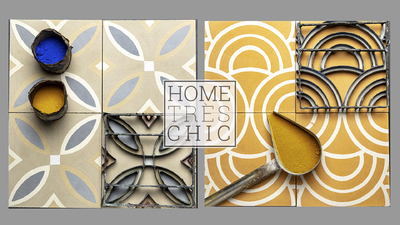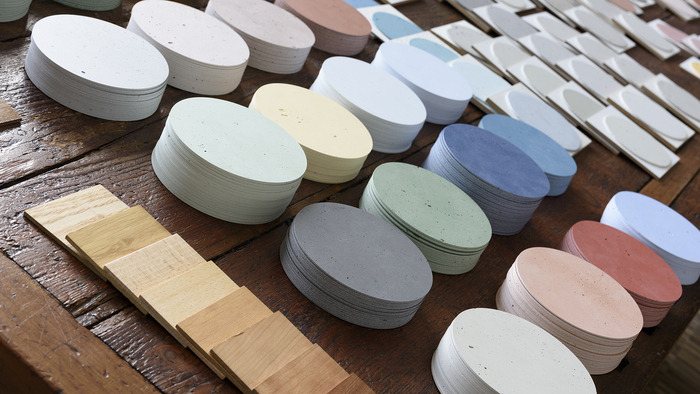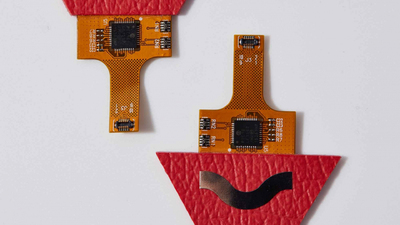GRETE - Green chemicals and technologies for the wood-to-textile value chain
The main objective of the GRETE project is to improve the existing wood-to-textile value chain by developing breakthrough technologies that can open up the current bottlenecks and enable increased production of man-made cellulose fibres in Europe. The initiative has been granted EUR 2,6 million by the Bio-Based Industries Joint Undertaking (BBI JU), a public-private partnership (PPP) between the European Commission's Horizon 2020 programme and the Bio-based Industries Consortium (BIC).
The GRETE project aims to develop new and better technologies for wood pulp modification, cellulose dissolution and fibre quality generation complying sustainability requirements and market needs. Currently, the raw material base for the production of man-made cellulose fibres is limited, as only dissolving grade wood pulps are used commonly. The project will tackle this by widening the sustainable raw material base for man-made cellulose fibres.
The solvent systems used for the production of commercially available man-made cellulose fibres are based on toxic and explosive chemicals, whereas the GRETE processing technologies will increase safety, sustainability and feasibility of man-made cellulose fibre manufacturing. In addition, there are several steps in the textile production value chain, such as dyeing and finishing treatments, which cause extensive freshwater pollution. The fibres with novel functional properties that will be developed thanks to GRETE will open up the possibility for targeted and water-scarce finishing treatments.















